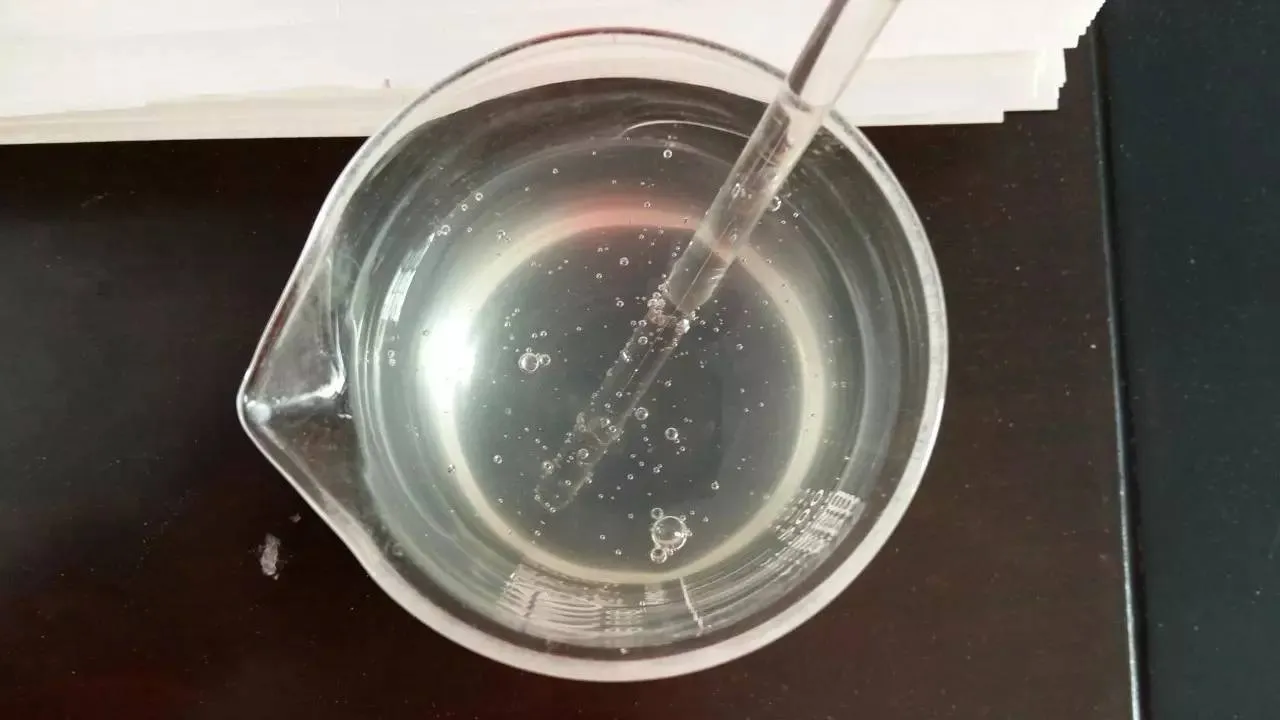
HEC vs HPMC: Choosing the Right Material for Your Application
When it comes to selecting materials for various industrial applications, Hydroxyethyl Cellulose (HEC) and Hydroxypropyl Methylcellulose (HPMC) are two commonly used substances. Both have unique properties that make them ideal for specific uses. In this article, we will compare HEC and HPMC, focusing on their solubility, application in gypsum, and key characteristics.

HPMC: Versatility and Functionality
Hydroxypropyl Methylcellulose (HPMC) is a water-soluble polymer with a wide range of applications, from pharmaceuticals to construction materials. One of its key features is its solubility in water, with the HPMC E5 solubility making it highly effective in formulations like adhesives and coatings. This solubility is influenced by the degree of substitution, which dictates its viscosity and thickness in liquid preparations.
The HPMC CAS number is 9004-65-3, which is a standard identifier used in the chemical industry. This helps manufacturers and researchers distinguish it from other cellulose derivatives. HPMC's use in construction is particularly notable in the preparation of materials like gypsum. When combined with gypsum, HPMC improves workability, enhances water retention, and helps control the setting time, making it a preferred choice for dry mix applications.

Comparing HEC and HPMC for Different Uses
While both ЖОҚ and HPMC powder are cellulose derivatives, they serve different purposes. HEC, for instance, is often used in the production of detergents, cosmetics, and paints, thanks to its excellent thickening and stabilizing properties. On the other hand, HPMC for gypsum provides more specific benefits related to construction materials. Its ability to maintain moisture and improve adhesion makes it ideal for plaster, tile adhesives, and other cement-based products.
Choosing the right cellulose derivative ultimately depends on the intended application. For applications requiring greater moisture retention and flexibility, HPMC might be the better option, especially in gypsum-based products. However, for general thickening needs in other industries, HEC remains an essential material.
Understanding the differences between HEC and HPMC is crucial for selecting the right material for your specific needs. Whether you are in the construction, pharmaceutical, or food industry, both have distinct advantages. If you are working with gypsum or need a material that ensures better water retention, HPMC is a superior choice. Contact a reputable HPMC company today to explore how HPMC can enhance your product formulations.
-
The Versatility of Hydroxypropyl and Hydroxyethyl Starches in Food and Medical IndustriesNewsJul.30,2025
-
Redispersible Polymer Powder: Types, Uses, and Market InsightsNewsJul.30,2025
-
Polyvinyl Alcohol: A Versatile Polymer for Construction and IndustryNewsJul.30,2025
-
Enhancing Construction Efficiency with PVA: A Versatile Material for Modern Building NeedsNewsJul.30,2025
-
Antifoaming Agents in Industry: Functions, Types, and ApplicationsNewsJul.30,2025
-
A Comprehensive Guide to Redispersible Polymer Powder and Its TypesNewsJul.30,2025





















